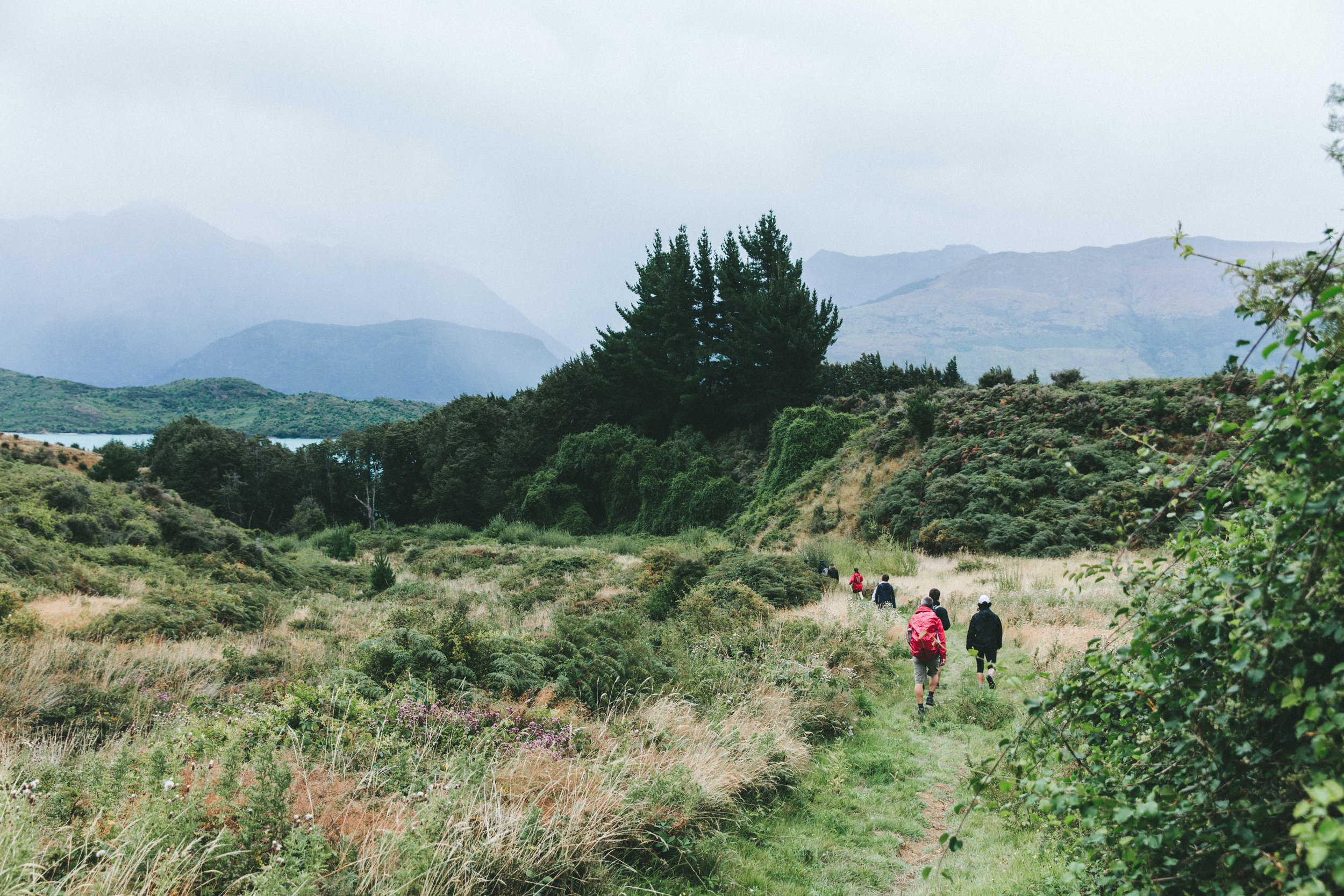
Available opportunities:
1) Grad students applying for Fall 2025
The agroecology lab is accepting graduate students (MS and PhD) for Fall 2025.
We conduct interdisciplinary research to understand the linkages between biodiversity, ecosystem services and human livelihoods in agroecosystems. Students will develop independent research within the growing fields of community ecology, agroecology and political ecology, in a variety of topics of global relevance: biodiversity conservation, ecosystem services, climate change, migration, urban agroecology, and food sovereignty. Students will have the opportunity to ask exciting questions in a diverse range of agroecosystems and geographies, such as agroforestry systems in Latin America, and farms, and community gardens in the US.
The Agroecology Lab welcomes students with a strong interest in agroecology, and preferably with experience in field research using qualitative and quantitative methods.
We welcome peoples from diverse backgrounds and perspectives, bringing a culture of respect, solidarity, creativity, and innovation in the field of agroecology.
Interested students are encouraged to explore the MA and PhD programs in Geography, Environmental Science and Policy within the School of Geosciences at the University of South Florida, located in Tampa, FL. Fully funded graduate positions available.
When contacting me please answer the questions in this form
2) RESEARCH OPPORTUNITY FOR USF UNDERGRADS
INTERNSHIP OPPORTUNITY Fall/Spring 2024: SEE LINK
3) POSTDOC FALL 2024:
Ant-mediated ecosystem services and climate change in coffee agroforestry systems of Mexico
Location: Jimenez-Soto’s Agroecology Lab - University of South Florida, School of Geosciences, College of Arts and Sciences, Tampa, FL.
Fieldwork to be carried out in Chiapas, Mexico, and remote work possible.
Duration: 12 months, possibility to extend the position depending on future funding and performance.
Starting date: August 2024
Position overview:
The project is led by Assistant Professor Estelí Jimenez-Soto at the University of South Florida – Agroecology Lab (www.livingagroecology.com). The project aspires to tackle the links between climate change, microclimate variability, and ant-mediated ecosystem services in complex and simplified agricultural landscapes, using coffee agroecosystems as model systems. Our lab uses a complex network of interactions that involve the community of arboreal ants in coffee agroforests: most importantly the keystone carton-nesting ant Azteca sericeasur and a diverse community of twig-nesting ants. Fieldwork will be carried out in the region of Soconusco, in Finca Irlanda field site in the state of Chiapas, Mexico.
This project addresses the following questions:
1. What is the state of scientific knowledge on the effect of microclimatic variation on ants. Specifically, ant physiology, behavior, and species interactions?
2. How do dominant arboreal ants shape the ant community in the canopy of coffee agroforestry systems and how is this dynamic expected to change with climate change?
3. How does climate change impact core-system species interactions in the Azteca sericeasur-phorid fly parasitoid system?
4. How does shade in coffee agroforestry systems help buffer against extreme microclimate variations?
We are particularly interested in understanding the relationship between microclimate and species interactions of vital importance for ecosystem services in coffee agroforests, particularly those mediated by ants.
The postdoc will have the opportunity to travel to Mexico for fieldwork and stay in a station in a field site in the Soconusco Mountains of Chiapas. The candidate will be able to interact with a broader network of agroecologists at the University of Michigan, University of California Santa Cruz and UNAM.
The position is funded by the Foundation for Food and Agriculture Research (FFAR-NIA).
Mission and activities:
The post-doctoral researcher will play a key role in undertaking research, data analysis and writing within the project questions outlined above.
In close interaction with the members of the team, the post-doc will be responsible of conducting:
(i) A literature review
(ii) Data collection and data analysis
(iii) Writing articles for publication in peer reviewed journals
Outcomes: First and co-author publications.
The tenure of the position is for one year, with the second year subject to satisfactory progress and funding. Salary for this position is $55K USD (Annual salary, plus benefits). The position does not include relocation costs. An additional allowance is available for conference, fieldwork expenses and publication costs.
Requirements:
1. A PhD in a relevant field (community ecology, entomology, agroecology), awarded within the last five years (recently submitted PhDs will also be considered).
2. Strong data analysis skills, good management of R and coding for statistical analysis.
3. A strong interest in studying ant communities and their role in agricultural landscapes.
4. Evidence of strong scholarly performance (e.g. publications, participation in research projects, networks, conference presentations).
5. Interest in carrying out fieldwork under hot and humid conditions.
6. A strong interest in interdisciplinary collaborations. Our lab has a strong commitment to interdisciplinary scholarship.
7. Interest in working with and supervising graduate and undergraduate students and as a member of a research team.
8. A strong commitment to Justice, Equity, Diversity and Inclusion. Applicants should refer to the lab website to learn how these values are practiced in our lab.
Applications:
Applications should be submitted through USF GEMS in the following link. The application should include one single PDF with the following documents:
Access the job posting through Careers@usf: https://www.usf.edu/work-at-usf/careers/browse-apply-for-job-openings.aspx You can search using keywords, such as agroecology or job ID 36992.
1. A cover letter describing current position, your interest in this position, the work you wish to pursue within the project questions, and relevant experience.
2. A CV.
3. At least one example of recent, written work.
4. The names and contact information of three references.
Closing date for applications is June 10, 2024
Further information can be obtained from jimenezsoto@usf.edu
Further information about postdoctoral fellows at USF can be found at:
https://www.usf.edu/postdoctoral-affairs/
Further information about the agroecology lab at USF: